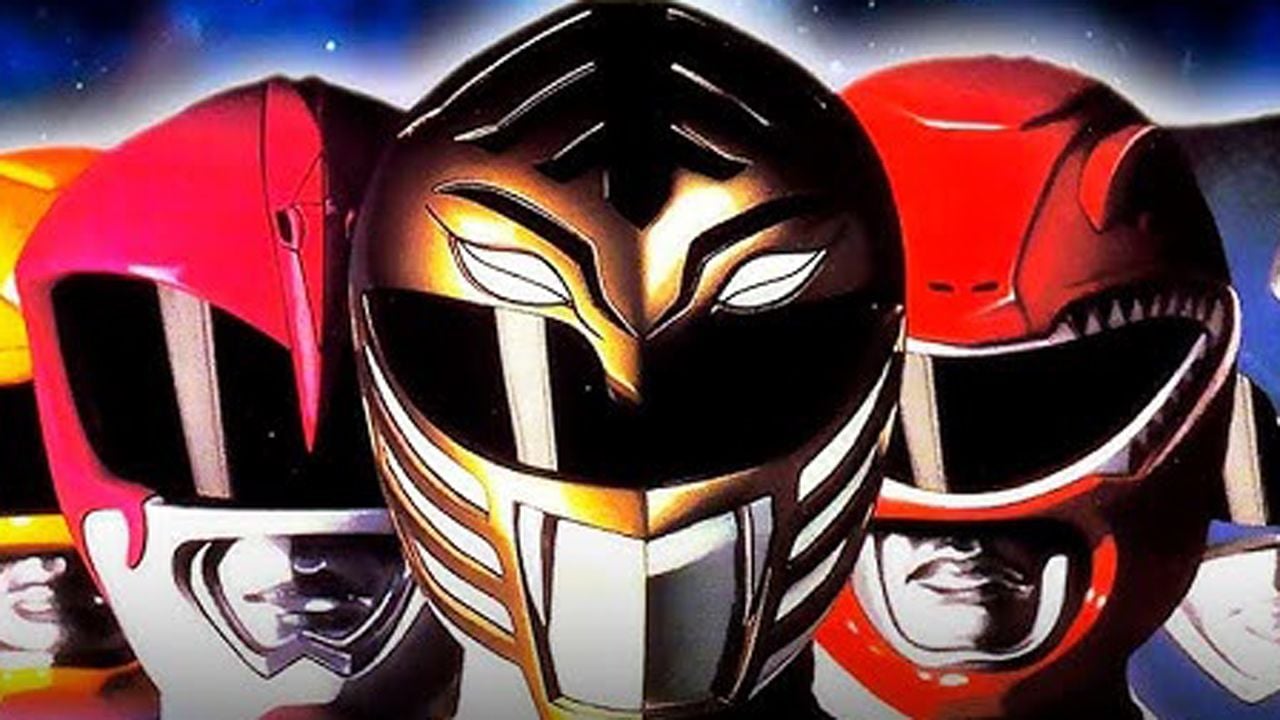The film tells the true story of a Japanese soldier who refused to believe the end of World War II until 1974.
The order is processed. Blindly. No discussion. This is the underlying philosophy that inspires Onoda – 10,000 nights in the jungle, film by Frenchman Arthur Harari. The “hero” is the Japanese soldier Hiroo Onoda, famous for continuing his solitary battle 30 years after the end of the Second World War. Even after Japan surrendered in 1945, Onoda persisted in his private combat in the Philippine jungle, where he had been sent in 1944. It was only in 1974 that he surrendered his weapons.
Onoda and his companions were sent to Lubang Island in the Philippines. His mission was to sabotage the American troops believed to be landing on the island. During the training, they had been given strict orders: never give up; do not commit suicide; “do not give your life voluntarily under any circumstances”. Fight to the end.
Orders that Onoda has been following for decades. He loses his companions, one after the other, until he finds himself absolutely alone. He kills cattle in search of food. He also attacks the Filipino peasants who, in vain, try to explain to him that the war is over. Onoda doesn’t believe it. He listens to a radio and thinks the news is being broadcast in order to confuse his mind. He sees in the American planes flying overhead confirmation that the island is under attack. All signs are interpreted as tricks of the enemy to deceive him.
blind obedience
From this hallucinatory background, Harari makes an observational and very rigorous film. It portrays Onoda’s fundamental fanaticism, showing her hunger, thirst, the complex challenges of the jungle, suffering, loneliness – all faced by the character with rare stoicism. But that’s not all. The film critically unveils the rigid structure of the Nakano Military School, where Onoda is trained. His extreme nationalist patriotism, blind obedience to orders, however absurd, speaks volumes about far-right military irrationalism, which produces fanatics as obedient as robots and willing to do anything to fulfill higher orders.
So much so that, finally saved from his mission, Onoda returns to Japan to be welcomed as an idol, with military honors. He is not seen as a madman, but as an exemplary soldier, who does his duty to him without question. Even when that duty turns out to be utter nonsense. It is a film that makes you think.
Source: Terra
Emily Jhon is a product and service reviewer at Gossipify, known for her honest evaluations and thorough analysis. With a background in marketing and consumer research, she offers valuable insights to readers. She has been writing for Gossipify for several years and has a degree in Marketing and Consumer Research from the University of Oxford.





